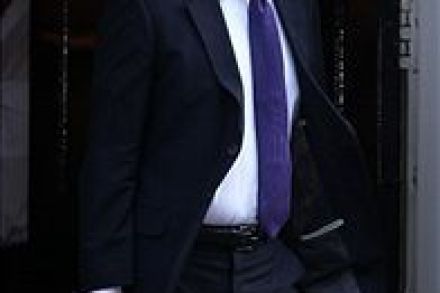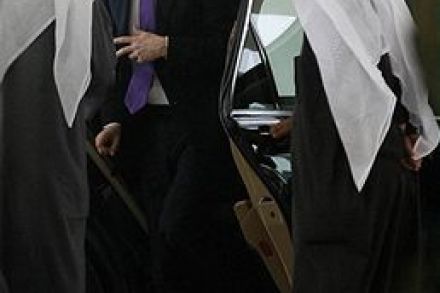A Realist Straw in the Republican Wind?
With all the attention on Libya and the rest of the middle east at present, it’s easy to forget (again) about Afghanistan. so I think Ben Smith is right to argue that Haley Barbour’s call to bring American troops home from the Hindu Kush is interesting and, possibly, telling. Barbour, the Boss Hogg governor of Mississippi, remains a long-shot for the GOP Presidential nomination but he’s not someone noted for policy boldness or imagination. True, his ideal timetable for withdrawal from Afghanistan may not differ from the platonic ideal of withdrawal imagined by the Obama administration; that’s not the important thing here. What matters – though this is but a


















